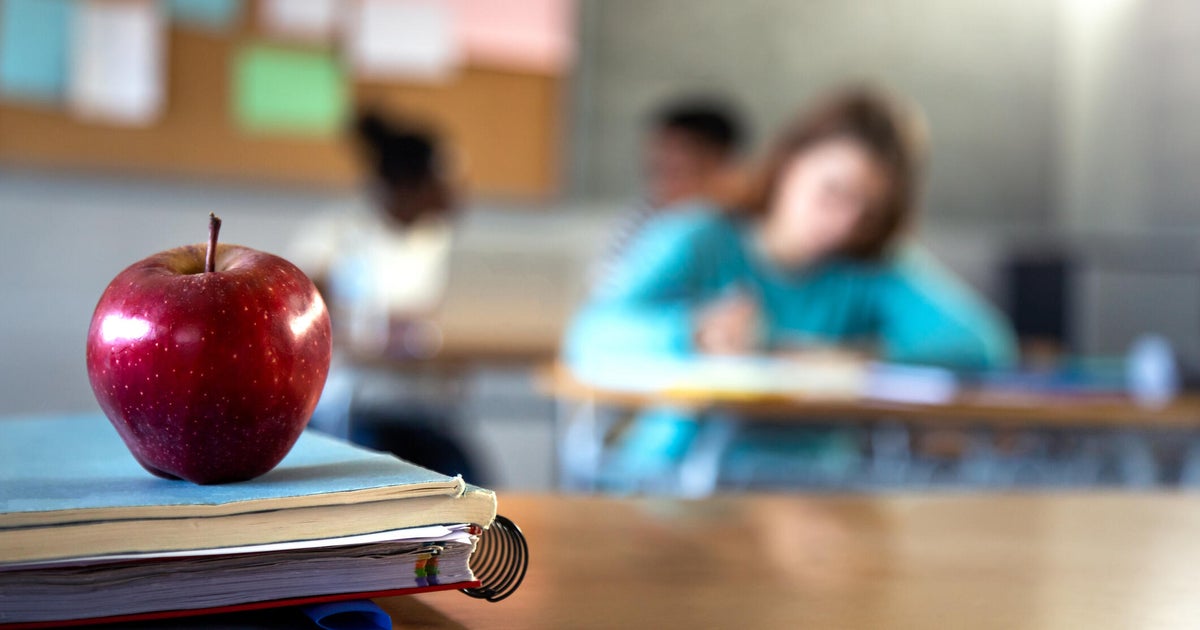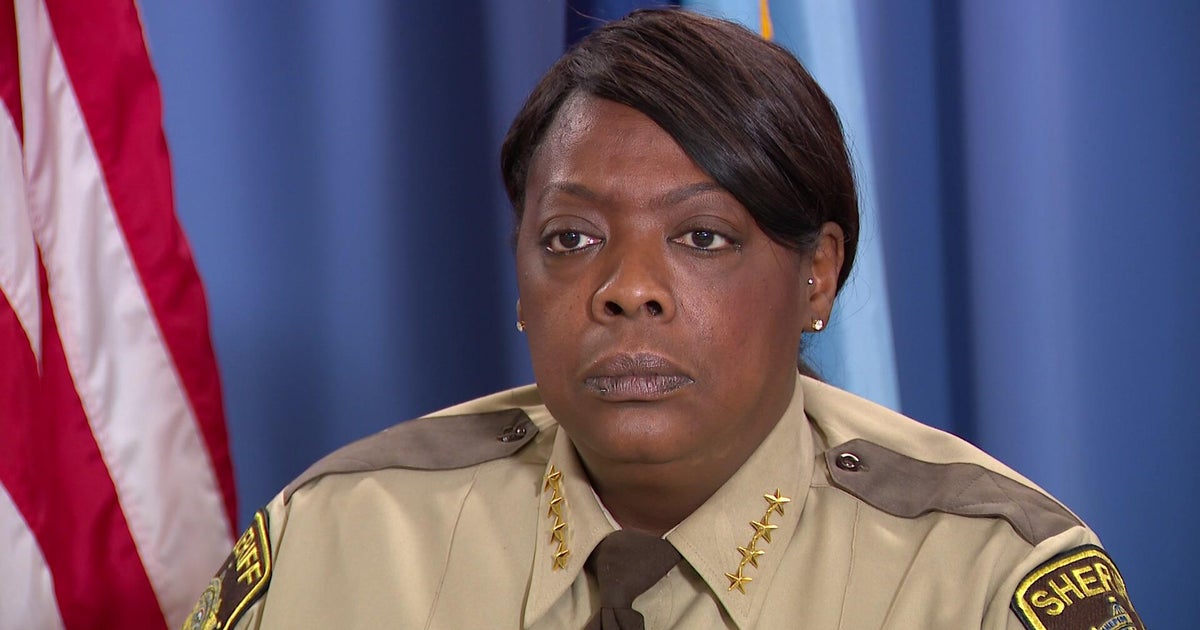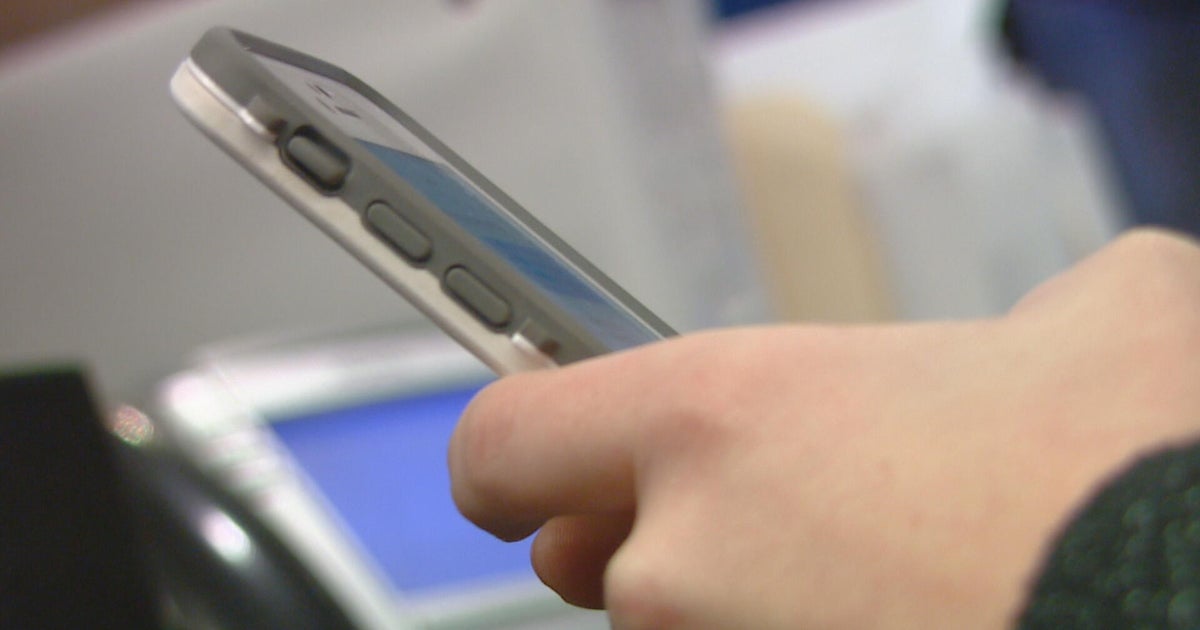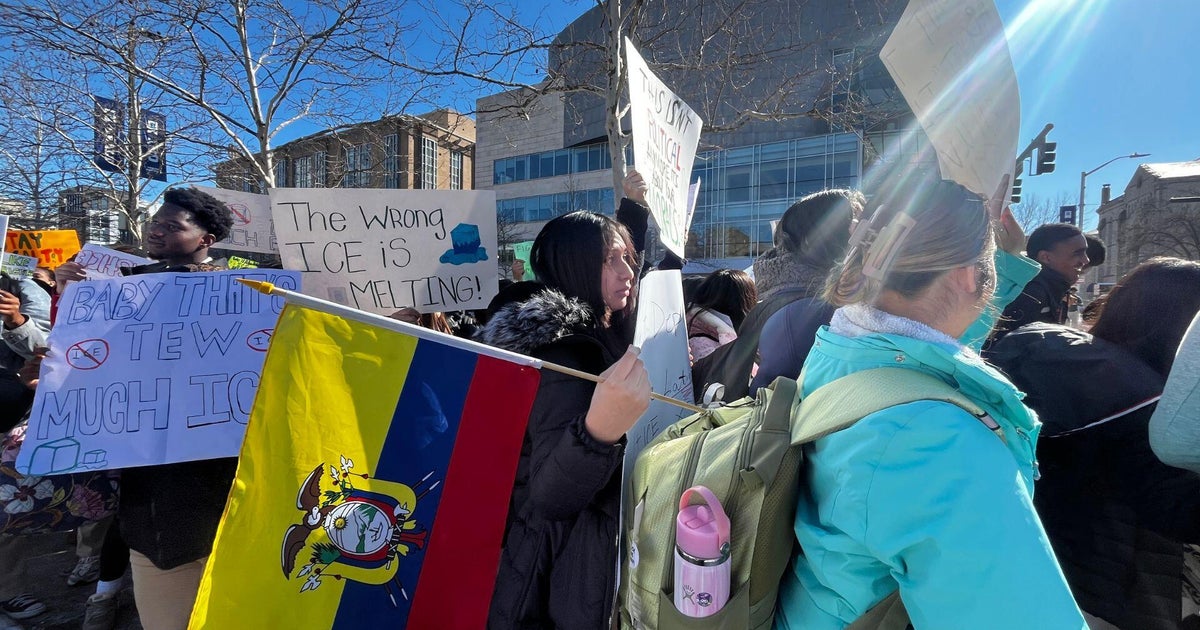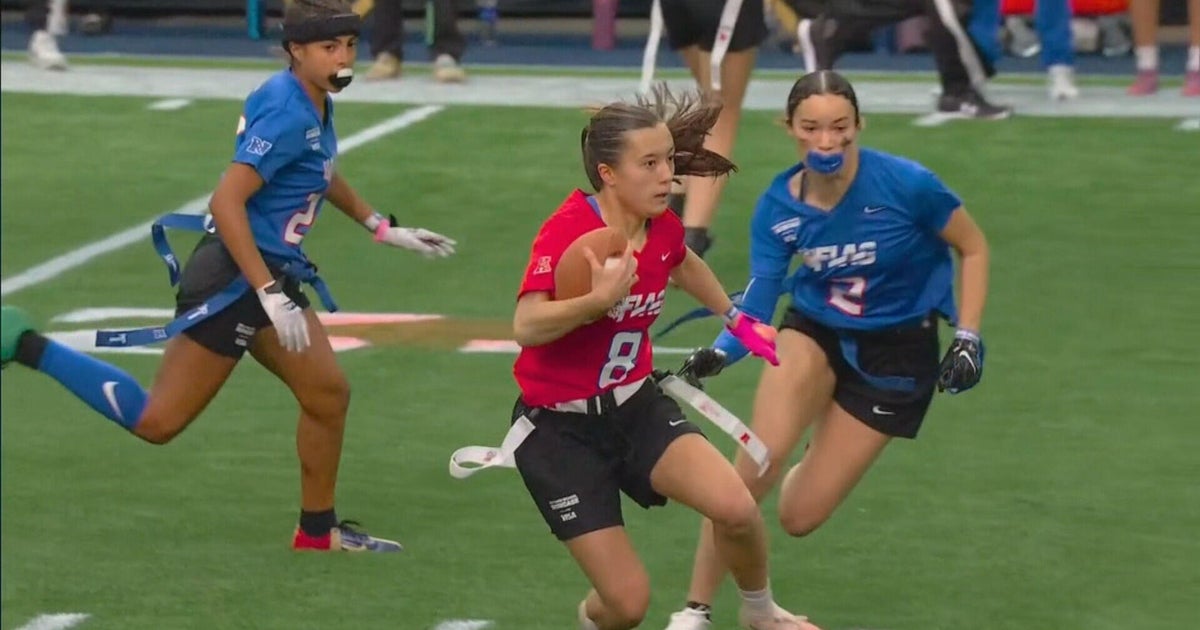Good Question: What Is School Choice?
MINNEAPOLIS (WCCO) -- America's new secretary of education won confirmation Tuesday when Vice President Mike Pence cast the tie-breaking vote.
There have been huge fights over the nomination of Betsy DeVos, some of which have been centered on the idea of school choice.
But just what is school choice?
"It's not just one or two different options," said Joe Nathan, director of the Center for School Change. "There's lots of different ways to think about school choice."
Between a quarter and one-third of Minnesota students take advantage of some sort of school choice.
Minnesota has been a leader when it comes to public school choice. The state has not passed laws that would allow public education dollars to go to private or parochial schools.
At its most basic level, school choice can be a "school within a school," where families can choose between two or three schools in one building. They could also use magnet schools or public-chartered schools that are run by for-profit or nonprofit groups.
Minnesota also has a statewide open enrollment program where students can go to school outside of their district. And high schoolers can take classes part- or full-time in high school, college or online.
"There are lots of people who support some kinds of public school choice, but they are not in favor of allowing public funds to go to private or parochial schools," Nathan said.
Another more controversial form of school choice is vouchers, where public money would follow a student to a private or religious school; tax credits that would pay for all or part of private or parochial tuition; and education savings accounts where families could use the public money allocated to their student for things like books, tuition, tutors or therapy.
The educational money follows the student to their school in most cases. According to Nathan, that would be around $5,000 per elementary student and up to $11,000 for a high school student. It can be as high as $30,000 for students with disabilities.
There are several arguments in favor of school choice. Some supporters believe more choice will mean more competition and better schools all-around. They also believe it could give teachers more flexibility and opportunities to create distinctive schools.
Sec. DeVos said during her Senate confirmation hearing that "parents should be empowered to choose the learning environment that's best for each of their individual children."
Those opposed to some forms of school choice worry that it would encourage more segregation and allow for discrimination on which students schools accept. Others do not like the idea of public money going to religious schools.
